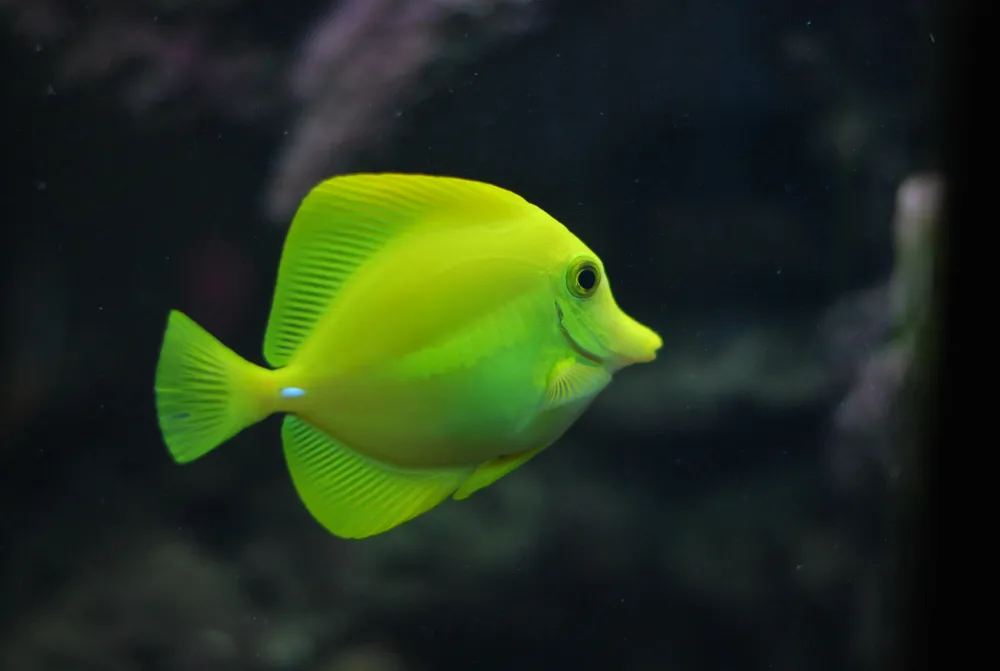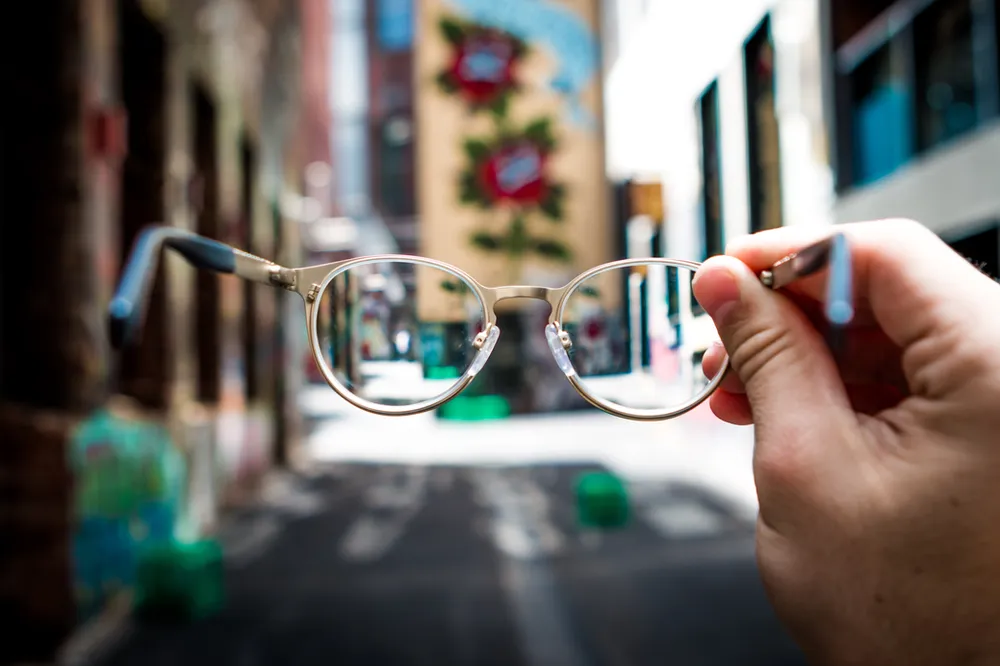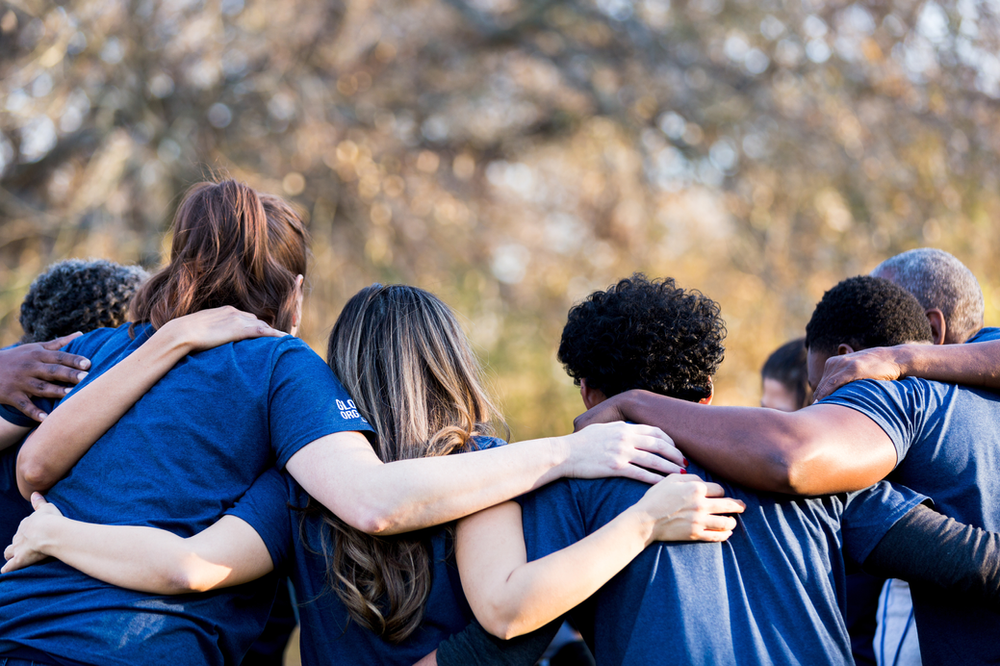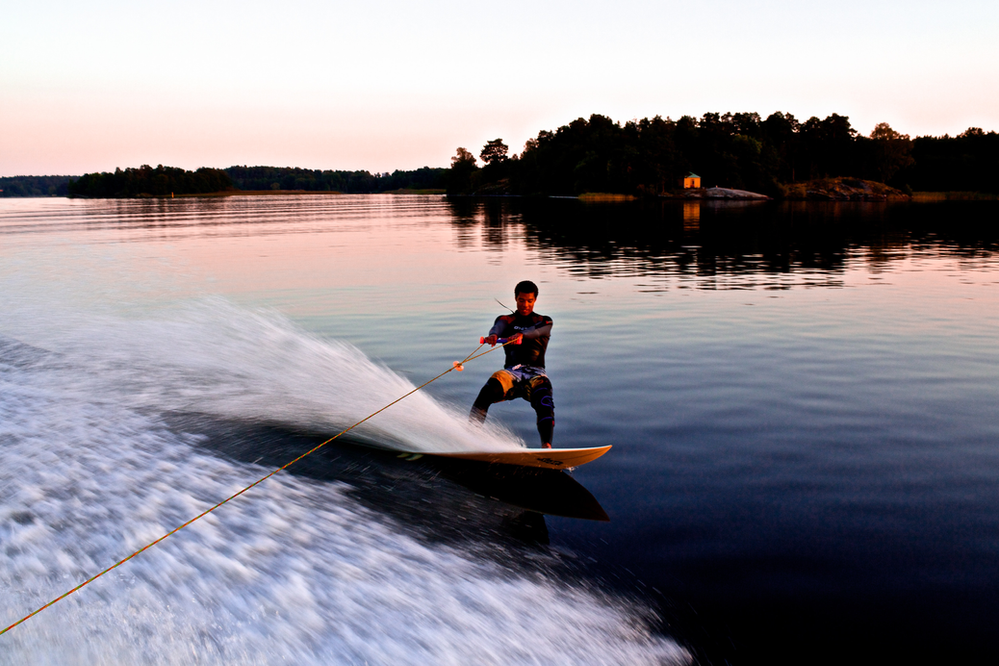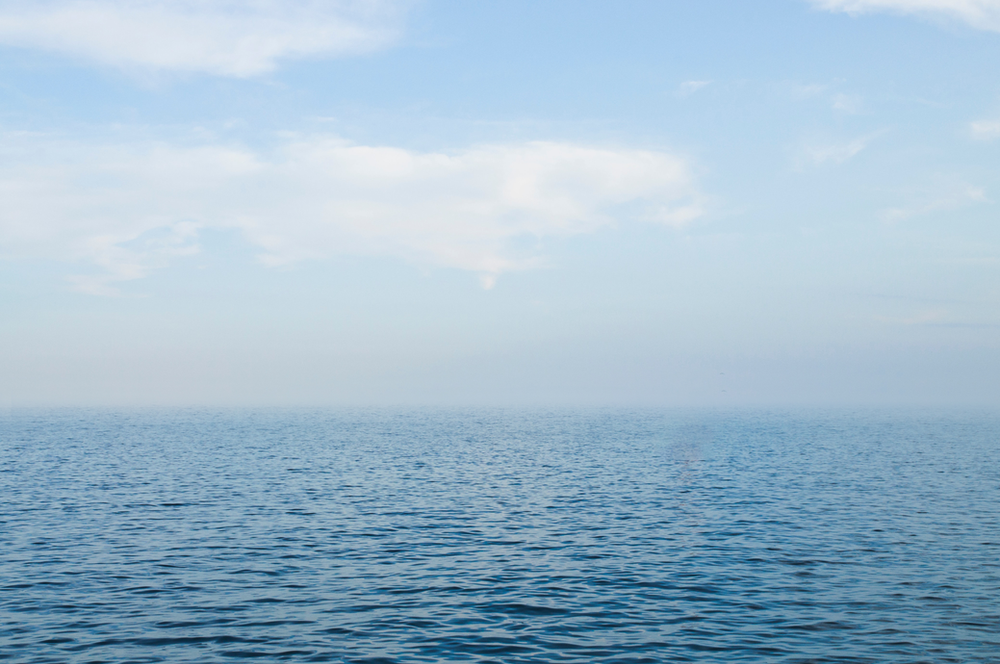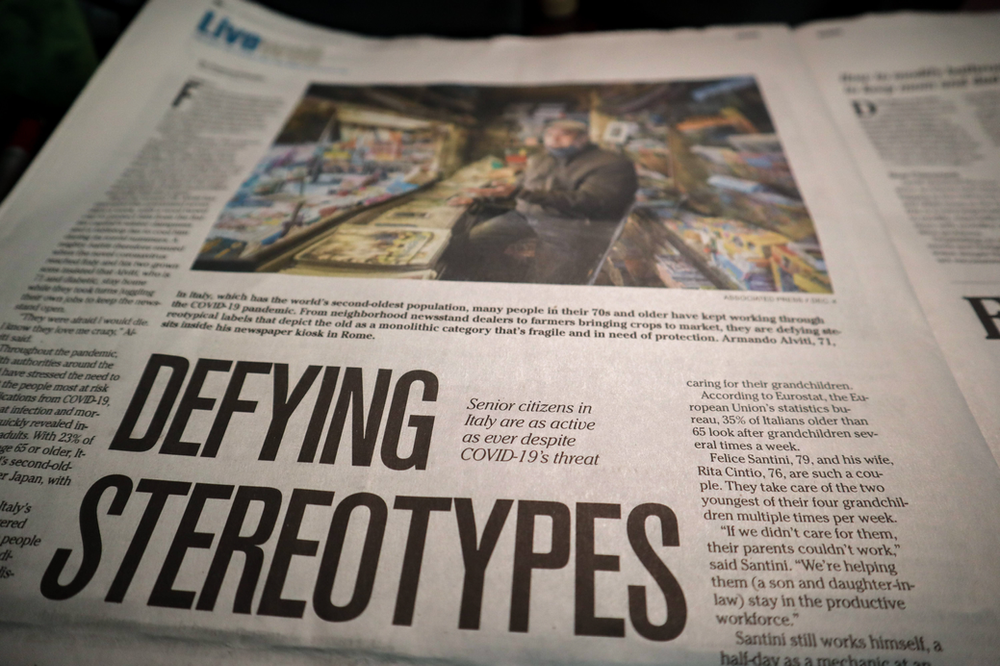I’m not a scientist, but this question has always interested me, especially since I have often wondered why I don’t see air. I can see trees swaying, birds flying, planes overhead, and snow blowing, but I can’t see the actual air. Why not?
In other words, when my mind is exposed to identical stimuli over and over again, it learns to not pay attention to it. My mind is limited in its ability to focus, so it has to learn to tune out stimuli that are not relevant.
Does the same principle apply to air for me, and water for the fish? Do our minds learn to tune it out so that we can see other things around us? Is it actually visible, but we don’t see it because of how pervasive it is?
If so, what does that mean for some of the most basic truths that permeate our lives?
If the truths are so pervasive that they are always with us, do our minds learn to tune them out?
Think about that for a minute. If our minds are not capable of focusing on more than a few things, or processing more than a certain amount of incoming stimuli, what truths do our minds learn to tune out?
If air is so commonplace to the mind that we tune it out, what would we do with something even more commonplace or pervasive?
What if we were loved and appreciated by more people than we realized, but because love and appreciation were so prevalent, we tuned them out too?
What if the role and value of family was so transcendent to our existence that we could not fully see all of the ways it impacts or helps us?
I don’t fully know the extent to which we see or don’t see truths. However, one of the main principles of science and religion is to question and believe in other possibilities.
Before the Wright brothers ever flew, they first believed they could fly.
Before anyone ever made it to space, rocket scientists first believed they could get there.
Our achievements in life come when we first believe, then act.
If we want to find God, we have to first believe. If we want to find good, we have to first believe. If we want to know truth, we have to first believe.
Whether or not air is really visible, or water is visible to fish, we all know our minds can tune out too much stimuli. In other words, we know we cannot fully rely on our own senses.
If we believe first, what does it unlock inside of us? Can we start to find and understand truths that are so pervasive that we would not see them otherwise?
We fully believe there is much good in the world, and that the world’s best days are still ahead. We can build good if we first believe it is possible. Once we truly believe, we start to see and find paths and ways to make it happen.
Believe is dedicated to helping individuals first believe, and then succeed in their efforts to change the world, for good.
We would love to have you join us
on this journey. Please reach out to introduce yourself and let us know of the seemingly impossible things you may believe or feel. We love nothing more than to work with fellow believers, people who know there is more to life than meets the eye, and people who are willing to go on the journey to explore what is really possible.
All of us have divine potential. To see it, we have to believe first. Come join us as we work to bring good to the world. Your life may just never be the same.


